KUALA LUMPUR, July 30 — ASEAN’s position as an emerging regional economic powerhouse remains intact, as does its commitment to deepen economic integration, such as in the area of finance, said Bank Negara Malaysia (BNM) Governor Datuk Seri Abdul Rasheed Ghaffour.
He said efforts undertaken on economic integration include initiatives such as an interoperable payment infrastructure that aims to strengthen micro, small and medium enterprises (MSMEs).
The central bank governor said there is a growing momentum toward economic mutual-reliance and deeper regional collaboration, and as a result, continuous progress in integration could be expected given the substantial room for growth in these areas.
For instance, Abdul Rasheed cited the intra-ASEAN trade, which currently accounts for 22 per cent of the grouping’s total trade volume and is far behind the European Union’s approximately 50 per cent.
Encouragingly, he highlighted that the region now has the infrastructure in place to make this ambition a reality.
“One key enabler is the interoperable payment infrastructure,” he told Bernama in an exclusive interview.
Abdul Rasheed said innovations such as cross-border quick response (QR), or commonly known as QR payment systems, are revolutionising how businesses transact.
“So, anyone from Malaysia can sell the product they manufacture, for example, in Thailand, and receive payment instantly,” he said, adding that such capability was unheard of just a few years ago.
In 2024, about 5.2 million cross-border QR payment transactions were recorded, a fourfold increase from the previous year, underscoring the value these services bring to users and merchants alike.
“This is a game-changer, especially for MSMEs, which form the backbone of ASEAN’s economy,” he said.
Abdul Rasheed said that while large corporations are equally important, empowering MSMEs to participate more fully will unlock massive untapped potential.
According to reports, there are 70 million MSMEs in ASEAN, accounting for 97.2 per cent – 99.9 per cent of total establishments in ASEAN member states. Where data is available, the micro enterprises often constitute the largest share of enterprises.
Regionally, MSMEs contribute 85 per cent to employment, 44.8 per cent to GDP, and 18 per cent to national exports.
Abdul Rasheed highlighted that economic and industrial diversity within Asean is a strength as well as an enabler when it comes to economic and financial integration.
“Each ASEAN member country has their strengths. For example, countries like Malaysia and Vietnam are leaders in electronics and manufacturing, while Indonesia brings unique resources and market scale. Rather than competing, ASEAN members are finding ways to complement each other and build a complete regional ecosystem.
“This realisation that we are stronger together has taken root. Instead of viewing each other as competitors, we are now focusing on creating a unified internal market. That shift in mindset is crucial,” he said.
The BNM governor said growing awareness of ASEAN’s strategic importance on the global stage has not gone unnoticed by major world powers.
He noted that with the US, China, and Europe increasingly engaging the region, ASEAN finds itself in a position of strength.
“We are becoming a region the world can no longer ignore. That is why it’s important we continue this momentum and deepen our integration, not just in trade but also in digital, financial, and logistical networks,” he said.
Abdul Rasheed also pointed out that what some initially perceived as challenges amid geopolitical competition, shifting supply chains, and global economic uncertainty have become catalysts for ASEAN unity.
“What emerges is a region ready to lead. We now realise our collective potential and are coming together stronger than ever,” he added.

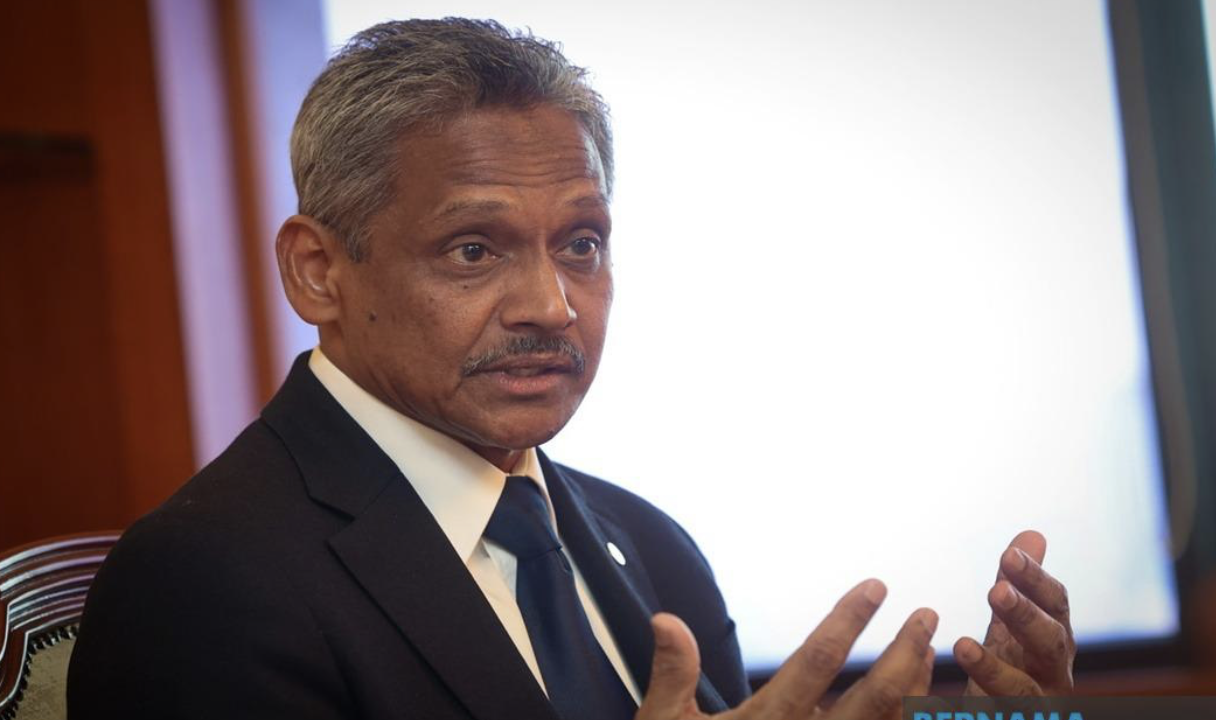
-加码-scaled.jpg)

-加码-scaled.jpg)





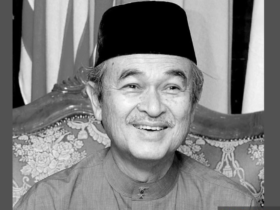

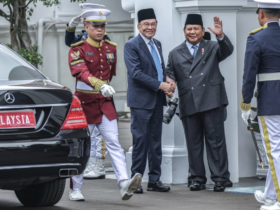
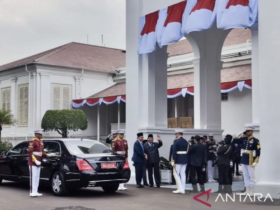
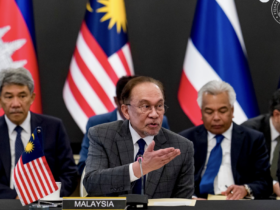


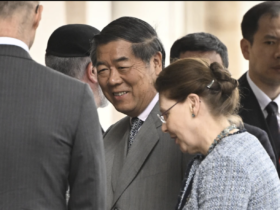
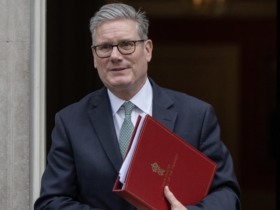
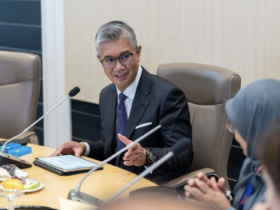

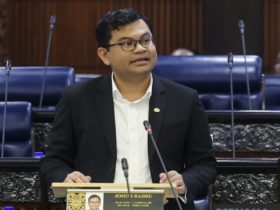
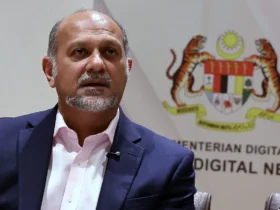
Leave a Reply